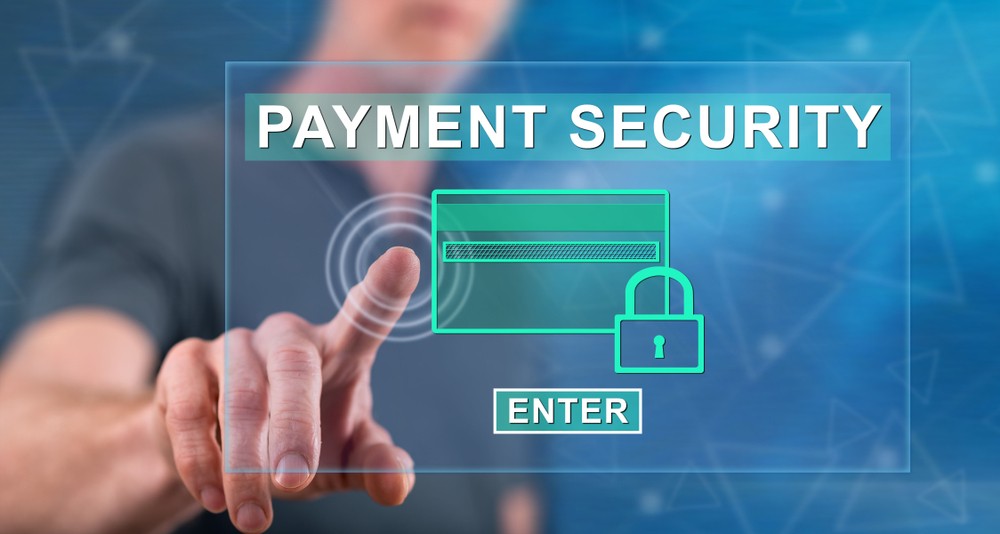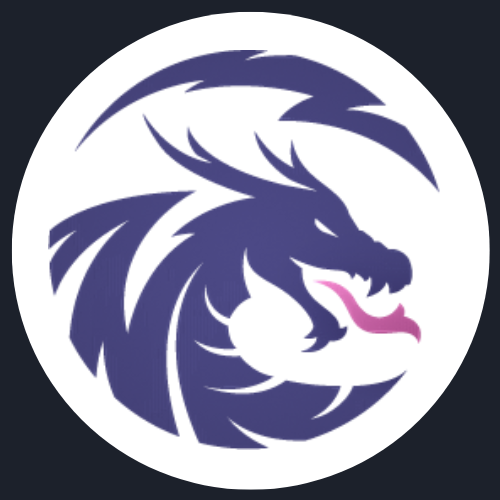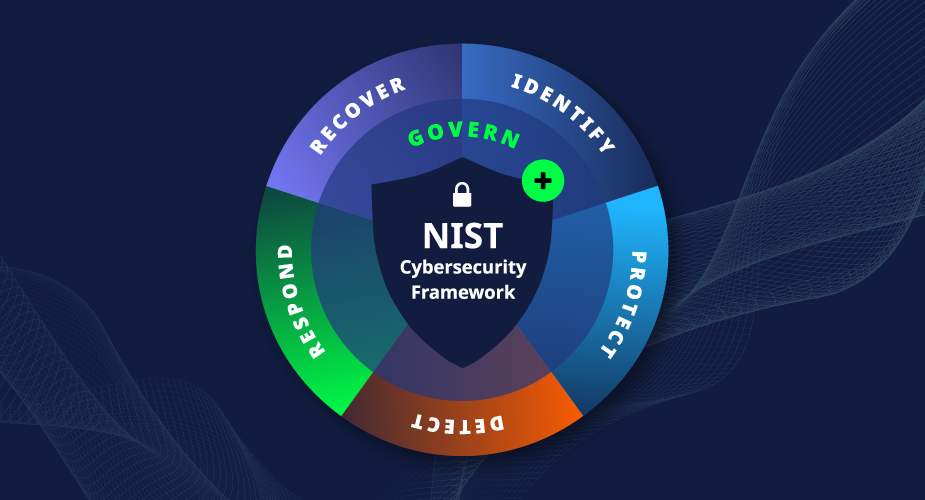The landscape of PCI DSS compliance is rapidly changing, with the looming Q1 2025 deadline pushing businesses to meet the strict new requirements of PCI DSS v4.0. In particular, sections 6.4.3 and 11.6.1 present significant challenges, as they require companies to closely monitor payment page scripts and implement a robust change detection mechanism. With the deadline fast approaching and the consequences of non-compliance severe, businesses must act quickly and efficiently. This article explores the best approaches to achieving these complex requirements.
PCI DSS v4: Key Requirements 6.4.3 and 11.6.1 PCI DSS v4.0 introduces enhanced security measures to protect payment pages from malicious script injections, acknowledging the increasing threat of supply chain attacks. The following requirements are crucial:
- 6.4.3: Organizations must monitor and manage all payment page scripts executed in the consumer's browser, ensuring each script is authorized, its integrity is maintained, and a detailed inventory is maintained with justifications for each script's use.
- 11.6.1: This section mandates the implementation of a change detection mechanism to promptly identify unauthorized script modifications, preventing tampering with HTTP headers and scripts used on payment pages.
The Reflectiz Solution: Simplifying PCI Compliance
Reflectiz has developed a specialized PCI dashboard designed to streamline compliance with PCI DSS v4.0, particularly for requirements 6.4.3 and 11.6.1. Traditional methods can be time-consuming and resource-intensive, but Reflectiz's solution provides real-time, remote visibility into the online ecosystem, including script-level monitoring without the need for on-site resources. Compliance reporting becomes effortless, a natural by-product of the dashboard's ongoing operations.
Key Features of the Reflectiz PCI Dashboard:
- Script Monitoring and Approvals: Easily approve and justify individual script changes to meet PCI DSS 6.4.3 and 11.6.1.
- Smart Approval Mechanism: Define acceptable script behaviors to streamline the approval process, automatically approving scripts that meet predefined criteria.
- Multiple Payment Page Management: Efficiently manage script approvals for websites with multiple payment pages, ensuring consistency and reducing manual effort.
Time-Saving Benefits Reflectiz reduces the manual workload for compliance efforts. For example, in a recent case study, one customer saw a 95% reduction in the time required for script monitoring and approval.
Cost Efficiency By automating much of the manual compliance process, Reflectiz lowers the overhead costs associated with personnel and other resources.
Reducing the Risk of Non-Compliance Reflectiz helps businesses stay ahead of evolving PCI DSS requirements, reducing the risk of non-compliance, costly penalties, and reputational damage.
Remote Monitoring for Greater Security Traditional embedded security scripts can create vulnerabilities, such as those listed in the OWASP top ten, by adding additional attack vectors. Reflectiz’s remote monitoring approach eliminates these risks by offering an uninterrupted, external view of every script without introducing new vulnerabilities. This approach is more secure and effective for monitoring payment pages.
Why Remote Monitoring Outperforms Embedded Scripts
- Privacy Concerns: Embedded scripts can access sensitive business and user data, complicating compliance.
- Limited Visibility: They can't monitor critical areas such as iFrames or tracking cookies.
- Performance Impact: Embedded scripts can slow down websites and require constant updates.
- Security Risks: They increase the attack surface and are vulnerable to external threats.
Reflectiz overcomes these challenges with its non-intrusive, remote monitoring solution, offering comprehensive oversight of web components without performance or privacy issues.
Case Study: A Major U.S. Insurance Company A leading U.S. insurance firm needed to comply with PCI DSS v4.0 requirements 6.4.3 and 11.6.1, particularly in the monitoring and management of payment page scripts. The company had two payment pages and around 60 scripts across both.
The Solution: The insurance company implemented Reflectiz's PCI dashboard, streamlining the approval and monitoring process within two weeks.
The Results:
- The company saw a 30% script change detection rate within two weeks, underscoring the need for constant monitoring.
- By automating script approvals, the company avoided manually reviewing 40 scripts every week, saving time and reducing human error.
- Reflectiz significantly reduced compliance-related costs while improving the company’s PCI audit readiness.
Beyond PCI Compliance
Reflectiz offers more than just PCI compliance. By monitoring third-party web components, tracking data access to payment information, and maintaining an inventory of third- and fourth-party scripts, Reflectiz strengthens an organization's overall web security posture while ensuring ongoing PCI DSS compliance.
Conclusion With PCI DSS v4.0’s stringent requirements looming, businesses need a comprehensive, efficient solution to manage payment page security. Reflectiz’s remote monitoring approach offers an ideal solution, simplifying compliance efforts, reducing costs, and minimizing the risk of non-compliance, all while ensuring a stronger security framework.






.jpg)

